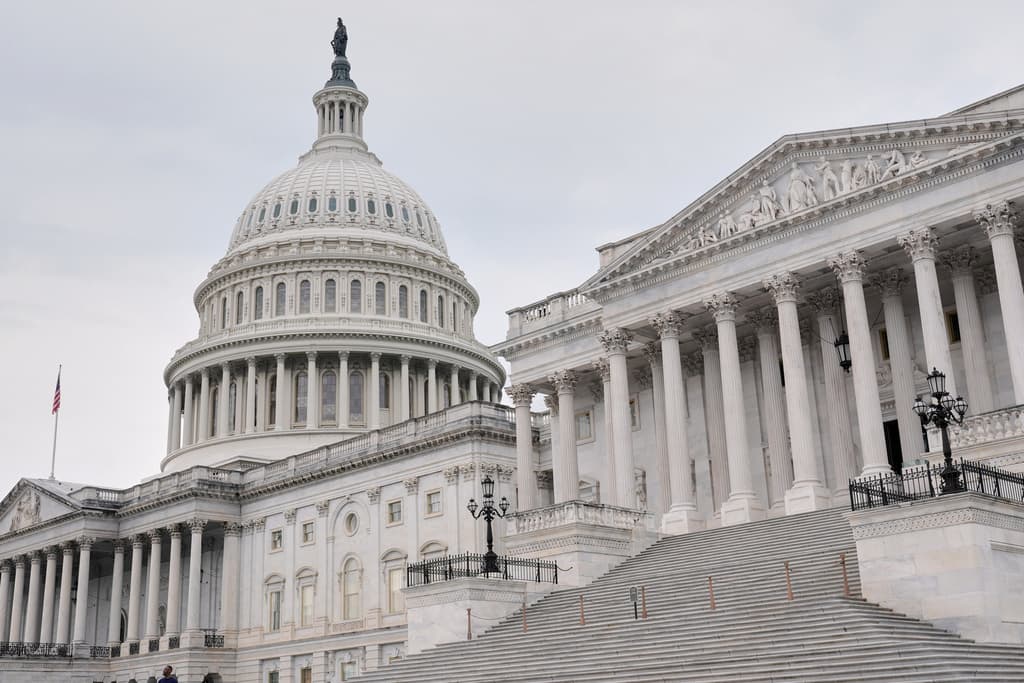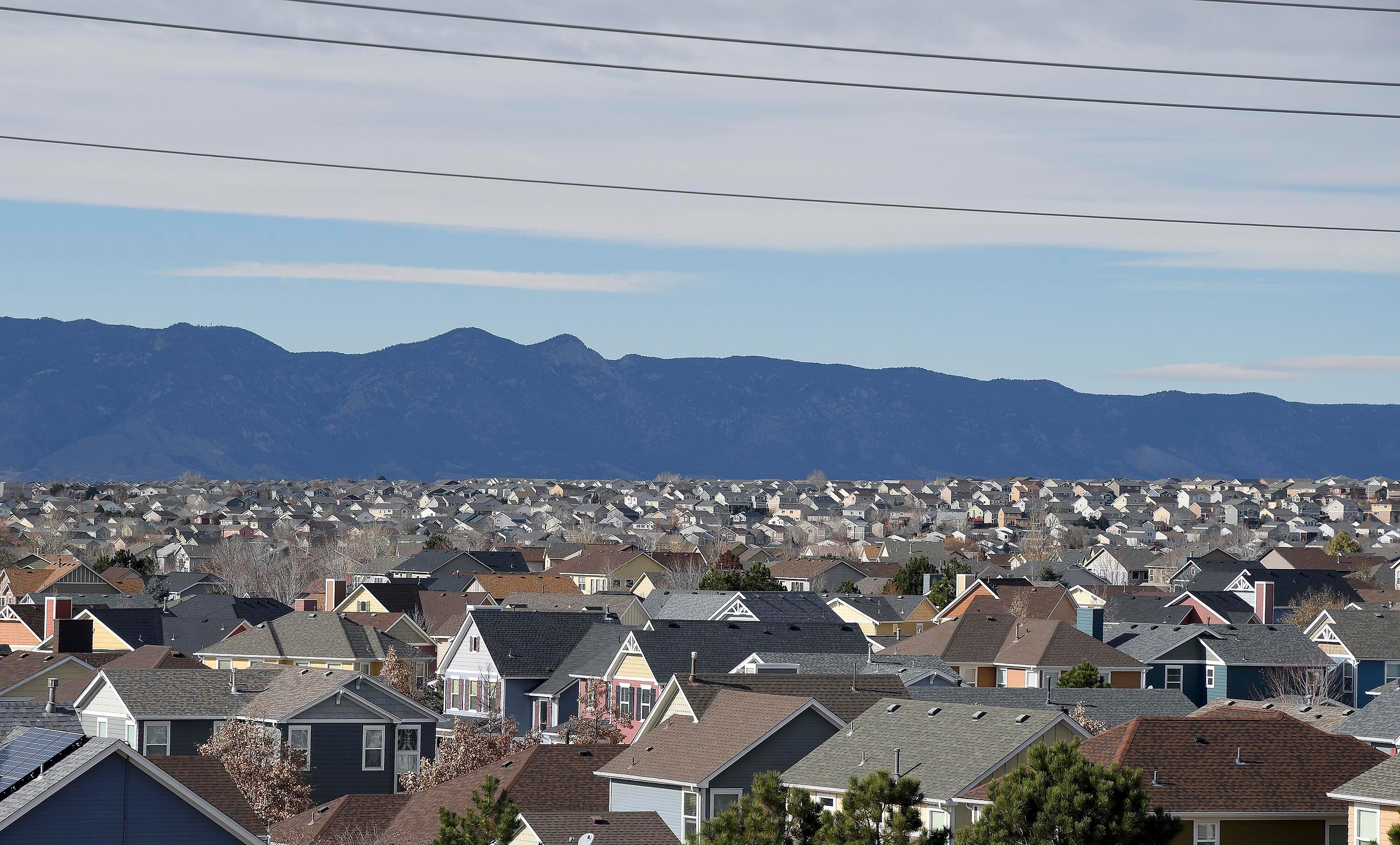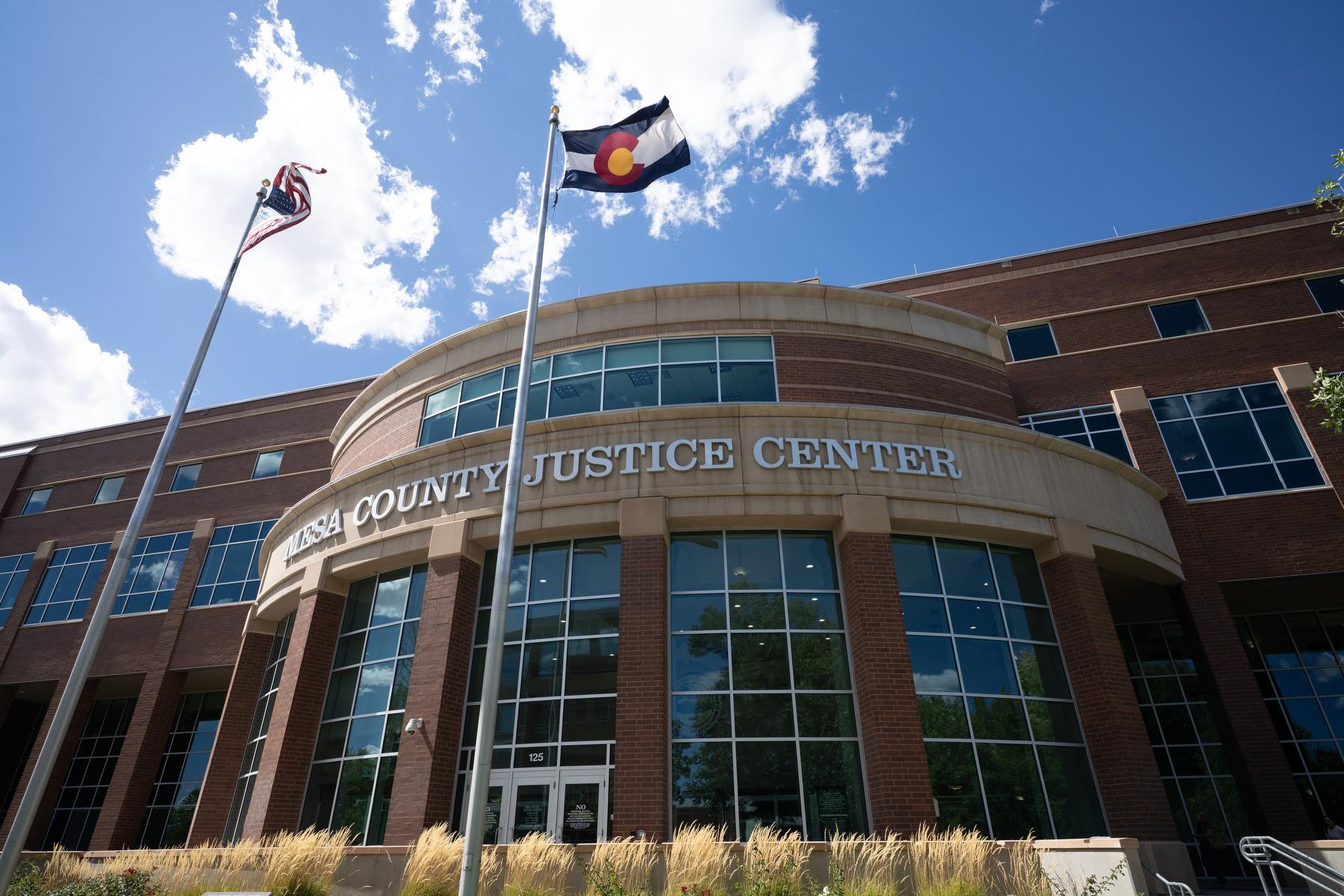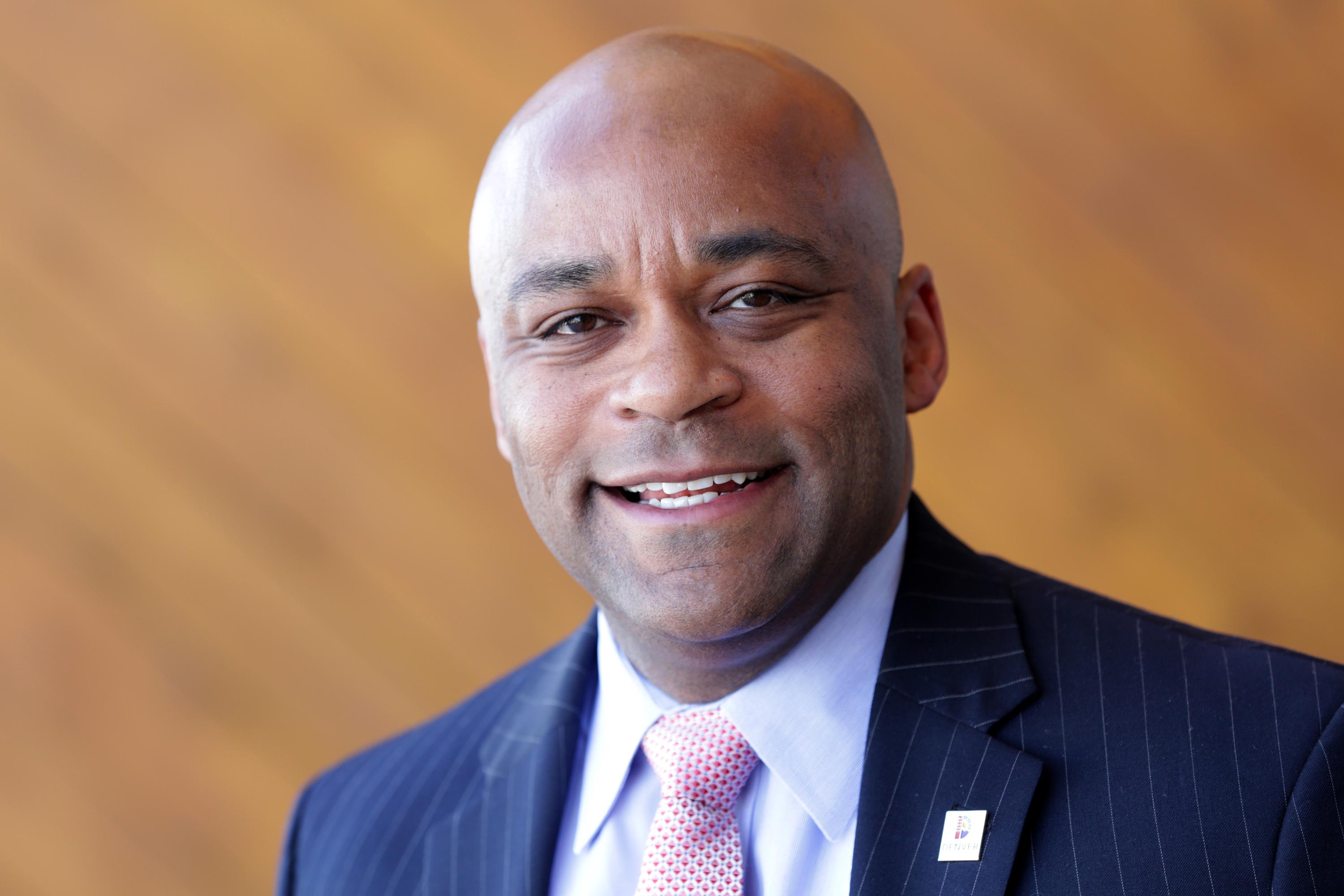
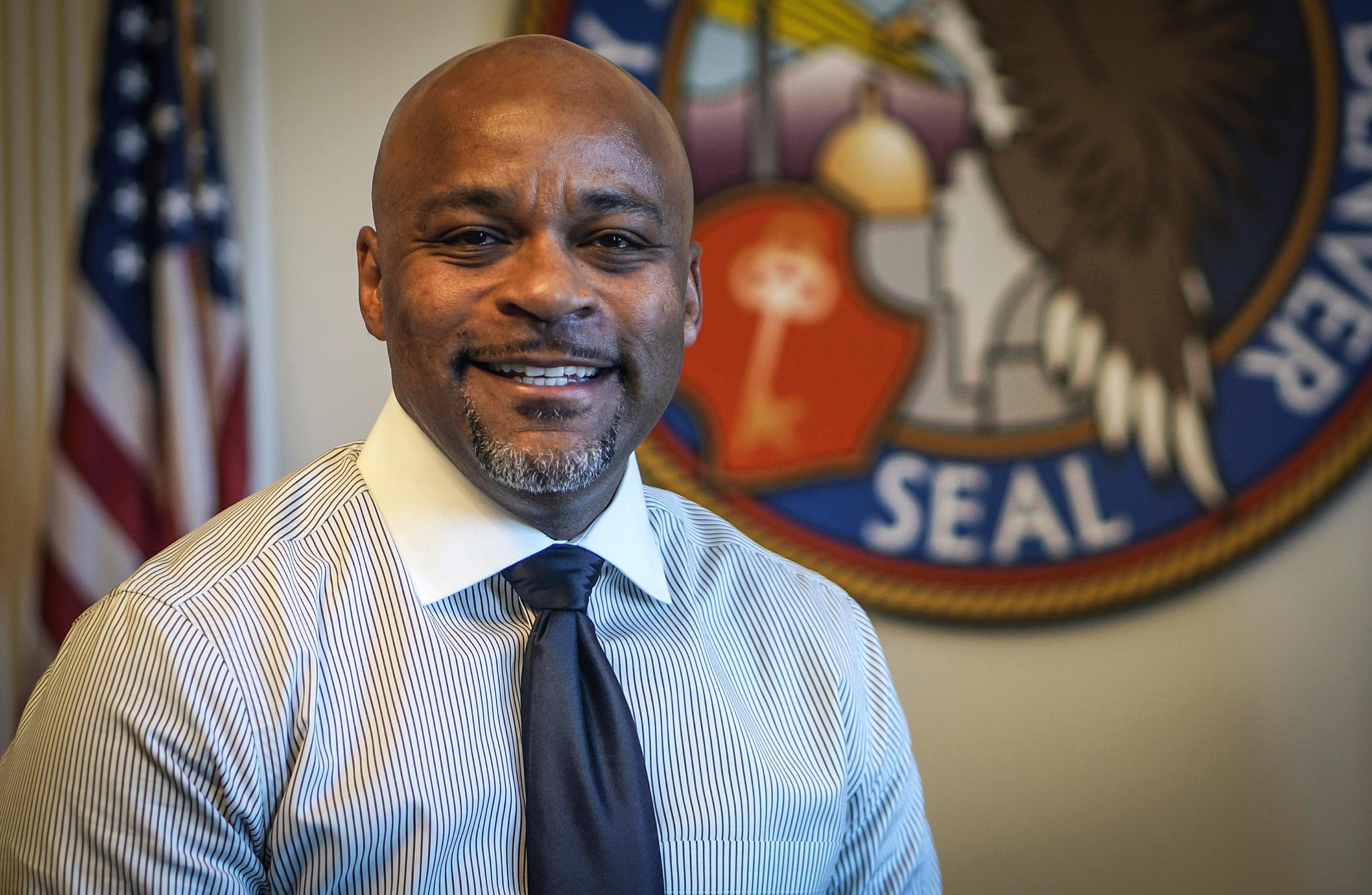
A new proposal from Mayor Michael Hancock would double Denver’s Affordable Housing Fund -- and the retail marijuana industry would help foot the bill.
On Monday, the mayor, along with other city and housing officials, presented a revenue model to boost the fund from $15 million to $30 million annually for five years. The proposal re-appropriates money from the city's general fund. The rest of the increased funding comes from a higher special tax on retail pot, boosting it by 2 percent to 5.5 percent.
During a media briefing Monday morning, Hancock thanked members of the marijuana industry for “stepping up to be a part of the solution,” saying he was happy that not all of Denver’s residents would have to take on an “additional tax burden.”
Executive director of the city’s offices of Marijuana Policy and Excise and Licenses, Ashley Kilroy, said she spoke with a number of representatives from the cannabis industry and they “were pretty much unanimously supportive of this.”
Kristi Kelly, executive director of Denver-based trade association Marijuana Industry Group, said her organization “has been a long-time advocate with better aligning marijuana tax revenue with the positive impact of the communities in which we live and operate.”
Kelly added that she felt the special tax increase, about a dollar on a $50 transaction, was fair and, at the moment, is not overly concerned that it would drive consumers to the black market. But she’s waiting to hear what customers and MIG members say about it.
The mayor partnered with Denver Housing Authority on this new proposal, to invest approximately $105 million in bonds towards DHA for land acquisitions and DHA projects already ready for development.
“At the housing authority, we are uniquely positioned to be a partner on this... because we are serving the lowest income households and the most vulnerable populations in the city,” Denver Housing Authority executive director Ismael Guerrero told reporters Monday.
The proposal projects that, over five years, the boosted funding would create and preserve at least 6,400 affordable units. The mayor’s office said the new revenue framework for the housing fund would also better align with the city’s five-year housing plan.
Housing advocacy organization All in Denver has been credited for driving this conversation, even getting a “shout out” from City Council president Albus Brooks when city officials presented the proposal to the council members during a committee meeting Monday.
Cathy Alderman, who is vice president of communication and public policy with Colorado Coalition for the Homeless, helped form All In Denver. The group has been frustrated with the city's slow pace of affordable housing creation.
"We are very pleased that the city heard our concerns and is taking a bolder step,” said Alderman. “Would we have wanted more? Of course. But this is reasonable for the five-year period [of the city's affordable housing plan].”
While presenting to City Council, the city’s chief financial officer, Brendon Hanlon, said the team working on this proposal plans to discuss it with the public, advocacy groups like All in Denver and the pot industry. City Council also has to sign off on several aspects of the proposal.

